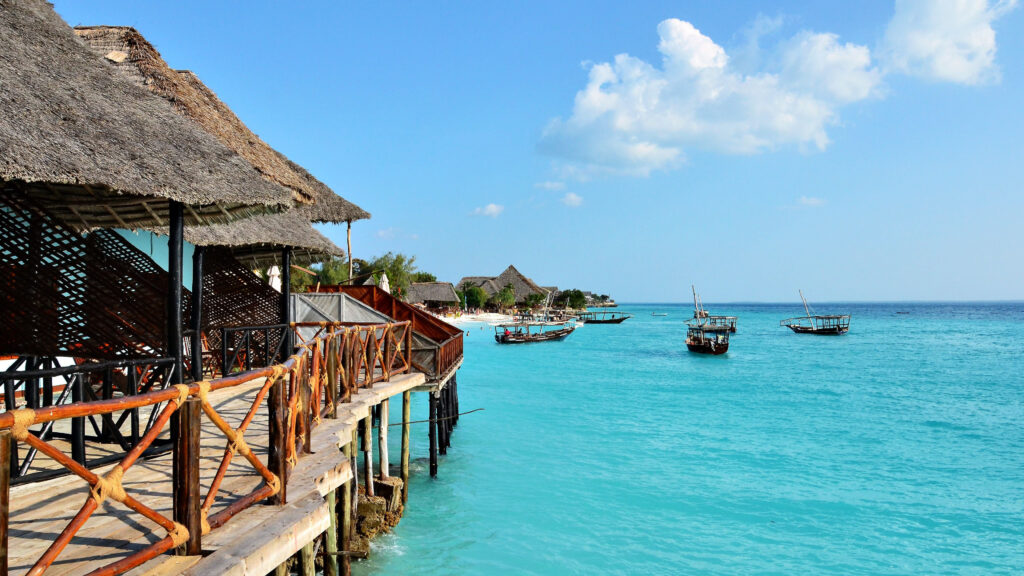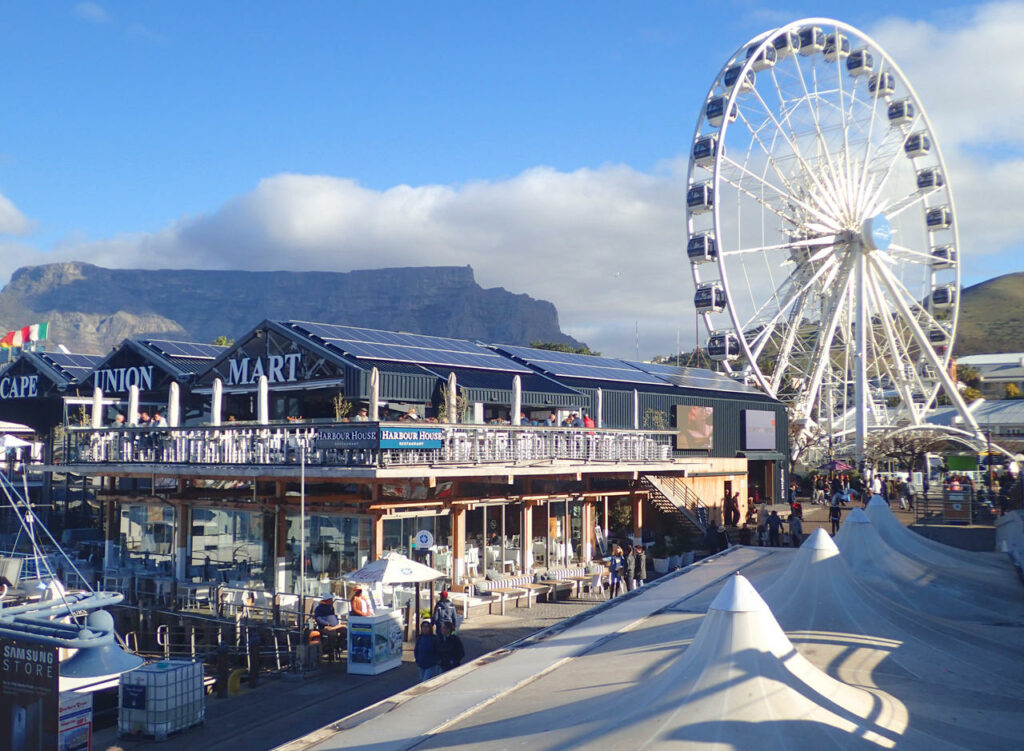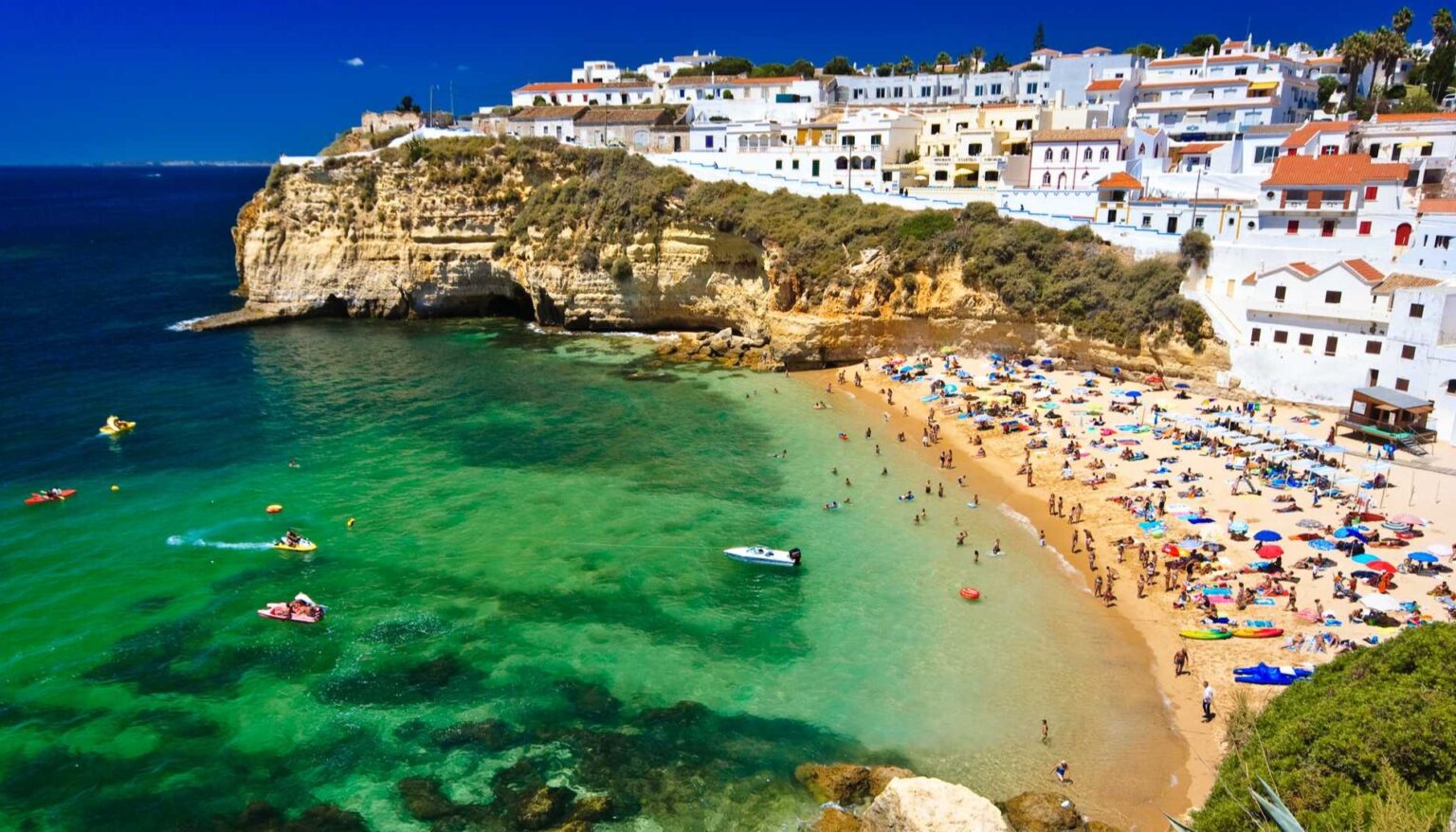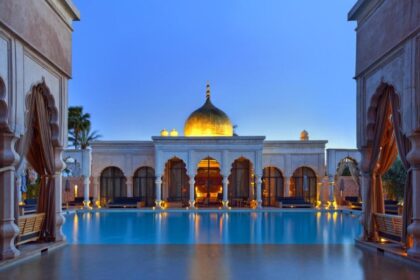At a Glance:
- Continent sees record-breaking arrivals as countries invest in infrastructure, marketing, and mega-events.
- Morocco, South Africa, Rwanda, Kenya, Tanzania, Uganda, Ethiopia, and Algeria lead the charge.
- Hotel chains and cruise lines expand as safari, sport, and cultural tourism redefine Africa’s travel appeal.
Africa’s tourism industry is surging back to life, with destinations like Morocco, South Africa, Rwanda, Kenya, Tanzania, Uganda, Ethiopia, and Algeria leading a post-pandemic rebound fueled by record-breaking visitor arrivals and increased hotel occupancy.
According to the United Nations World Tourism Organization (UNWTO), over 74 million tourists visited key African countries in 2024—marking one of the continent’s strongest performances and solidifying its position as a fast-rising global travel destination.
Africa’s tourism growth is underpinned by strategic investments in infrastructure, aggressive international marketing, and relaxed visa regimes.
Morocco and South Africa are at the forefront, bolstered by improved air connectivity and a renewed push into cultural, eco, and sports tourism.
These efforts are transforming once seasonal travel into a year-round, high-value industry.
“Tourism is now central to Africa’s economic diversification strategy,” said Fadila Rabhi, a Casablanca-based travel analyst at Northbridge Consulting. “Governments are investing in experiences, not just destinations—and that’s changing everything.”
Sporting events, global eyes
Africa’s tourism renaissance is being amplified by its role in global sports.
Morocco is set to co-host the 2030 FIFA World Cup alongside Spain and Portugal, a move expected to draw billions in infrastructure investment.
South Africa and Rwanda are bidding to bring Formula 1 to the continent, a potential game-changer for inbound tourism and global visibility.
“These events don’t just fill stadiums,” said Thandi Ndlovu, head of tourism strategy at Johannesburg’s TourVest. “They drive hotel development, airport expansion, and long-term branding.”
Major broadcasters like ESPN and BBC Travel are spotlighting Africa’s cities and landscapes, helping shift global perceptions beyond traditional safaris.
Luxury hotels and cruise tourism redefine access
Global hotel chains are deepening their footprint across Africa. Marriott has opened more than 130 hotels in 20 nations, including new locations in Tanzania, Cape Verde, and Uganda.
Accor, Hilton, and Radisson are scaling operations in safari zones and city centers, meeting the demand for premium accommodations among middle-class travelers from Asia, Europe, and the Americas.

Controversy remains Marriott’s new lodge in Kenya’s Masai Mara has faced backlash from conservationists. Still, the broader trend signals investor confidence in Africa’s long-term travel potential.
Meanwhile, cruise tourism is expanding fast. Africa’s 30,000-kilometer coastline is drawing major operators to launch Indian Ocean and Mediterranean routes, broadening the continent’s appeal beyond land-based adventures.

Social media and budget travel reshape demand
TikTok and Instagram are spotlighting Africa’s hidden gems—from Algeria’s Roman ruins to gorilla trekking in Rwanda—reshaping the narrative and drawing younger, budget-conscious travelers.
Low-cost flights from Europe and Asia, coupled with competitive tour packages, have made destinations like Zanzibar and the Serengeti more accessible than ever.

Outlook: Africa’s ascent in global tourism
With powerhouse destinations like Morocco, South Africa, and Kenya setting the pace, Africa is rapidly evolving from a niche destination to a mainstream force in global tourism.
Backed by infrastructure upgrades, strategic marketing, and digital virality, the continent is positioning itself as one of the most exciting travel stories of the decade.
















